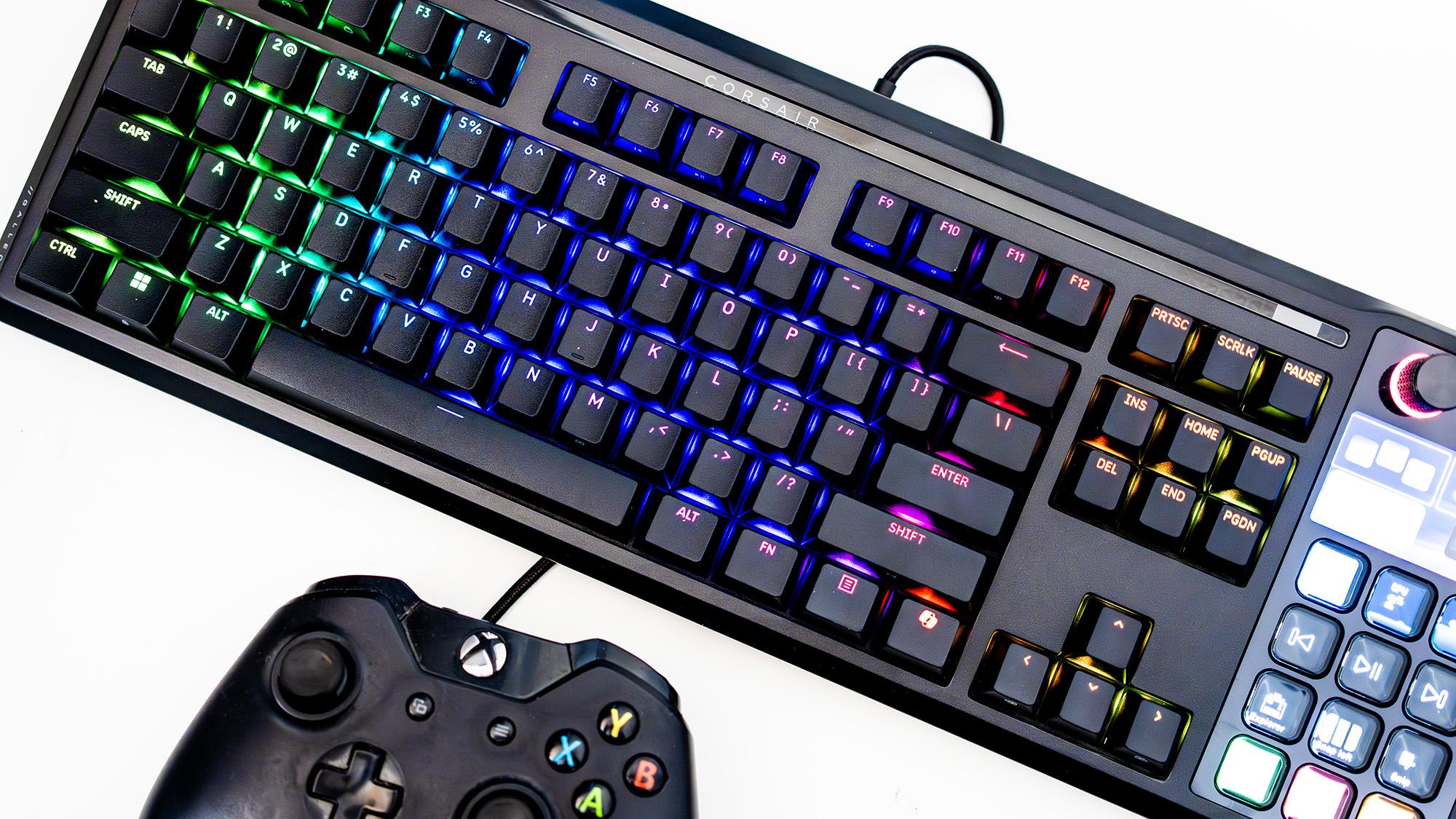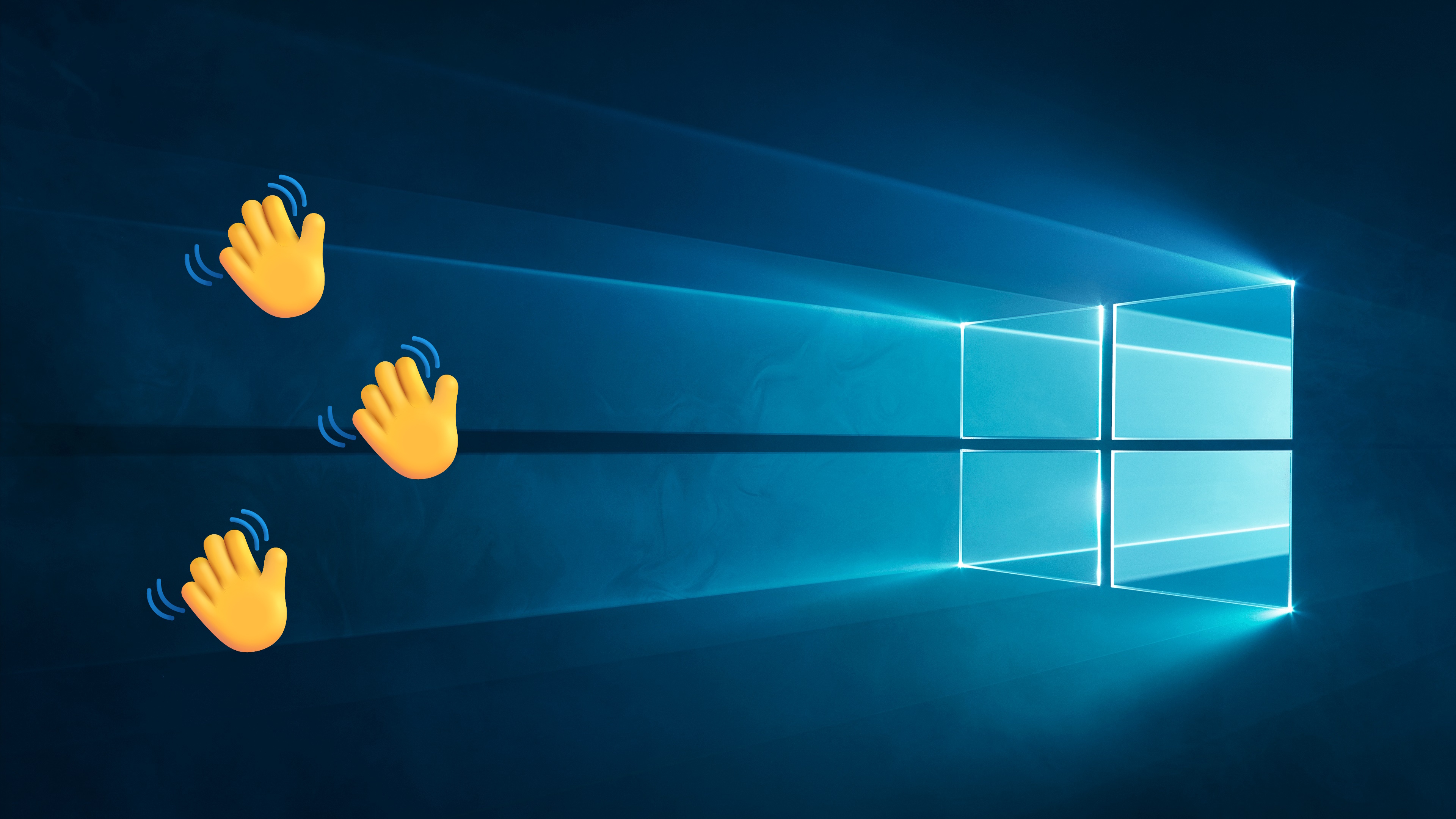
Keep up to date with the most important stories and the best deals, as picked by the PC Gamer team.
You are now subscribed
Your newsletter sign-up was successful
Want to add more newsletters?

Every Friday
GamesRadar+
Your weekly update on everything you could ever want to know about the games you already love, games we know you're going to love in the near future, and tales from the communities that surround them.

Every Thursday
GTA 6 O'clock
Our special GTA 6 newsletter, with breaking news, insider info, and rumor analysis from the award-winning GTA 6 O'clock experts.

Every Friday
Knowledge
From the creators of Edge: A weekly videogame industry newsletter with analysis from expert writers, guidance from professionals, and insight into what's on the horizon.

Every Thursday
The Setup
Hardware nerds unite, sign up to our free tech newsletter for a weekly digest of the hottest new tech, the latest gadgets on the test bench, and much more.

Every Wednesday
Switch 2 Spotlight
Sign up to our new Switch 2 newsletter, where we bring you the latest talking points on Nintendo's new console each week, bring you up to date on the news, and recommend what games to play.

Every Saturday
The Watchlist
Subscribe for a weekly digest of the movie and TV news that matters, direct to your inbox. From first-look trailers, interviews, reviews and explainers, we've got you covered.

Once a month
SFX
Get sneak previews, exclusive competitions and details of special events each month!
The scythe is poised before Windows 10 as the operating system is about to have its support chopped. Well, maybe not completely, as you'll be able to receive Extended Security Updates (ESUs) for a year if you pay $30, or even for free if you live in the European Economic Area (EEA). But those are just security updates; there will be no more feature updates for the OS and further support from developers for their apps will also slowly phase out, too. So, Windows 10 is effectively dunzo.
And that fact has made me a little sadder than I thought it might. Not very sad—it's just an operating system—but a little. I was pondering why that is, because I tend to do just fine with Windows 11 and have used it pretty much since release. I think it's because of what it represents. It is, as you can see from my beautifully crafted headline above, the sound of the doors closing on the last time I felt my PC was truly my own.
There are plenty of specific little things I don't particularly like about Windows 11 compared to Windows 10—the subtler taskbar icons, the simplified context menu, the strong-arming into signing into an online Microsoft account, and so on—but it's not any one little thing that bothers me. After all, there are some things I do like about Windows 11, such as the centred taskbar (blasphemy, I know) and the virtual desktops that I will really for-real-this-time start using soon.
No, the real thing that bugs me—and who'da thunk it, from a philosopher—is the bigger picture. It's where we've ended up in the operating system and general software landscape, and where we seem to be heading. It's the reminder of a garden portrait of a previous on-screen existence we've all but left behind, and without a shadow of a chance of getting it back. Not to wax too poetically, but the Windows 10 era was the last time my computer and the internet really felt like home.
I hear the response to that already: 'The internet and your operating system are not the same thing.' And therein lies the one of the few cruxes of the issue (and no, it's not AI, although there's that, too); the two are becoming more and more intertwined.
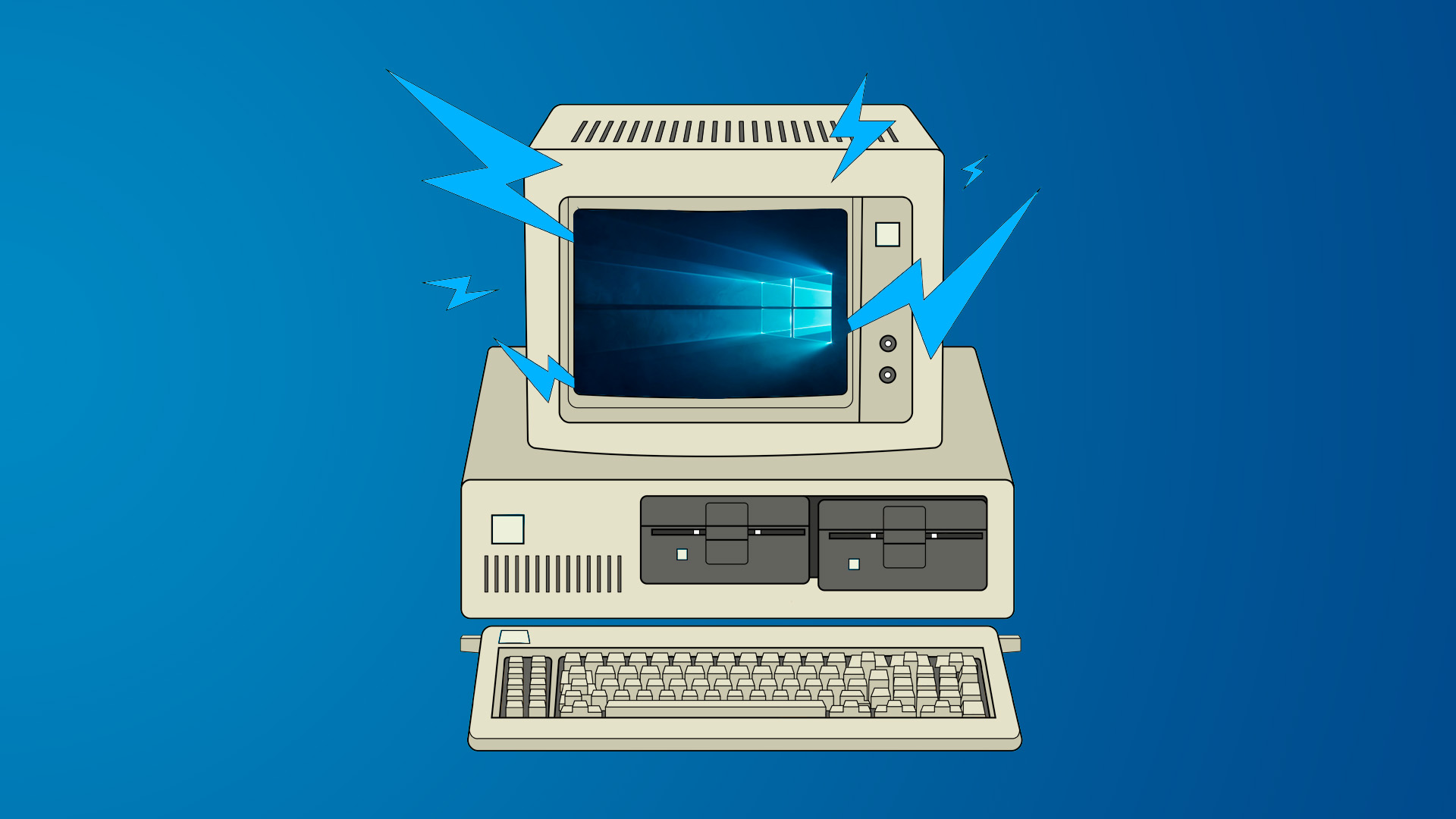
One of the main differences between the Windows 10 era (from 2015) and the Windows 11 one (in recent years) is the latter has seen a massive increase in the blurring of lines between native software and web applications. This came to the forefront most prominently when people realised the Copilot app was initially essentially just running Microsoft Edge, but it's part of a broader move towards hybrid or web-first apps.
Computers these days are rife with Progressive Web Apps (PWAs) that use WebView to essentially wrap up all that web-based code and make it look like a native desktop app. But actually, it's just a web app that's running on your desktop. To be a little fairer, there's often a level of hybridity there, but these new PWAs are far from the bona fide native apps of yore.
Keep up to date with the most important stories and the best deals, as picked by the PC Gamer team.
This isn't to diss PWAs in general, mind. They have their benefits, such as making it easy for developers to port the apps onto other systems and keep things updated. But I've yet to find a PWA that feels as snappy and bug-free as a good native app. I use Slack most days, for instance, which is a hybrid web-native concoction, and I've run into plenty of little bugs and quirks that bear telltale signs of a browser wrapper.
The end result ... is the attempt to be comfortable for everyone which is the failure to be exceptional for anyone
This is I suppose just the nature of those apps. Web apps disguised as desktop ones won't be able to directly communicate with some things such as your hardware or certain operating system functions—there'll always be that middleman wrapper it has to go through and possibly be restricted by.
What saying goodbye to Windows 10 makes me think about is where this new kind of hybridity might lead. And unfortunately, one likely direction it could tend towards is a giant cohesive blob of homogenous software experiences.
When Microsoft started rolling out multiple-storefront game library aggregation a couple of weeks ago, I came up with a term to describe this phenomenon as far as the Xbox platform is concerned: The Gloop.
The Gloop, I said, "is a globby mass of various features and services all schlopped together into an increasingly large ball of putty." With everything and its sibling starting to be consumed under the Xbox moniker—even game streaming inside cars—it feels like Xbox is losing its identity a little.
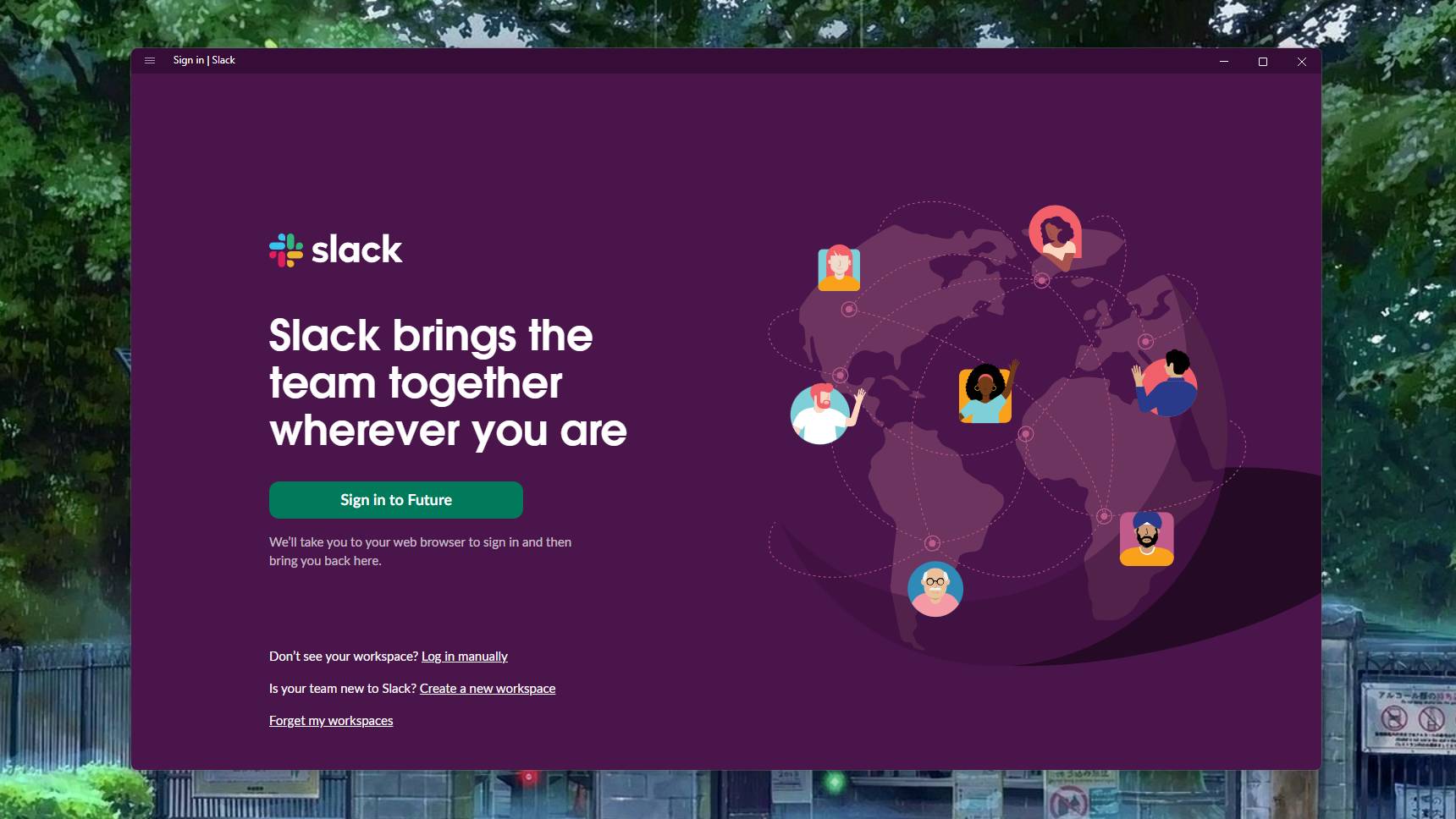
With everything starting to use the same web-based wrappers and with services becoming more all-encompassing, it doesn't seem improbable that our entire software experience from top to bottom could become some form of Gloop. We've already seen a shift towards all-encompassing online platforms and accounts, such as with Google, for instance. And with the lines blurring between the local and the web (just ask Windows Search), it only makes sense that this would extend to our local machine experience, too.
The problem with this approach, despite its many benefits, is you almost necessarily lose granularity: Everything has to be designed for everyone, and that's surely a task that's impossible to get right. It makes software tend in the direction of becoming a Jack of all trades but master of none, or rather, a Jack of all systems and use cases but master of none.
It also risks tending in the direction of over-simplification. If you're trying to capture audiences on the web as well as on desktop and maybe even mobile, you need to make sure absolutely everyone can use the software easily, which usually means making apps as similar to each other as possible.
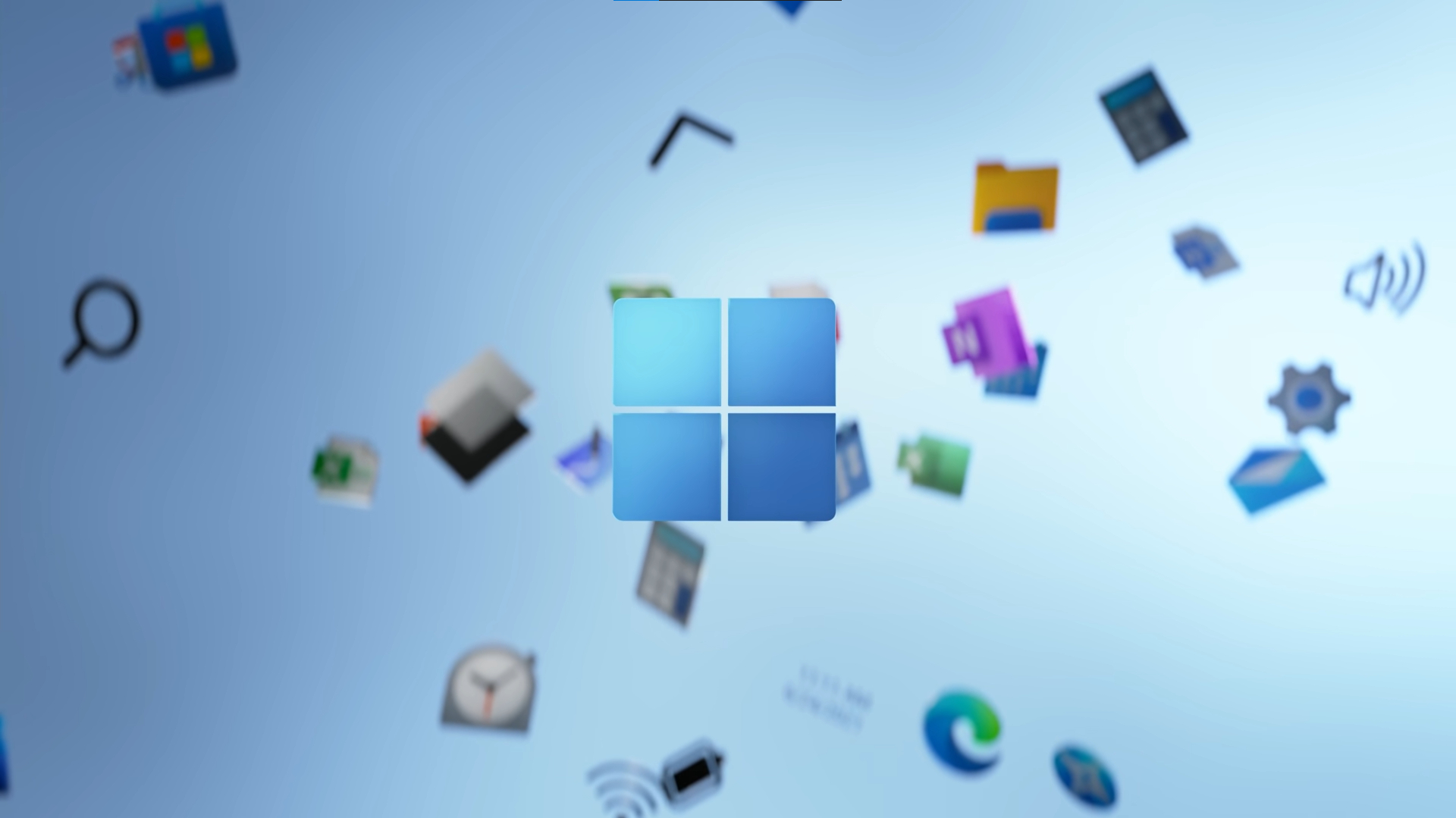
The software stacks and development mindsets that make those multiplatform, all-encompassing projects possible must be ones that keep different apps as similar as possible. On the back-end that's encouraged by the fact that the actual code needs to be cross-compatible, and on the front-end UX side of things, it's encouraged by the desire to not scare anyone away by using different designs or bespoke features.
The end result is surely The Gloop, a homogenous and uninteresting mass of hybrid web/local applications and operating system features and elements. It is the attempt to be comfortable for everyone which is the failure to be exceptional for anyone, whether in terms of usability or performance. Such mass appeal, expansion, and centralisation tends towards mediocrity.
None of this is particularly more inherent in Windows 11 than any other area of software, of course. We've arguably seen it more in the strictly online space with websites and platforms than locally. But the two seem to be intermingling, and that's both in terms of the underlying technologies as well as the design approach and mindset. It probably makes sense from a business perspective, but so do many things that aren't very exciting.
As I said at the start, none of this is particularly devastating because hey, operating systems and software are just tools, ie, means to various ends, and if I find myself getting too irate about such things I can just go and touch grass. But seeing the doors close on Windows 10 reminds me that we're at the end of the non-gloopy era. And it reminds me that where we're at and where we're heading isn't quite as exciting as what came before, despite how much tech execs might want to hype us up over sparkly new technologies like AI.
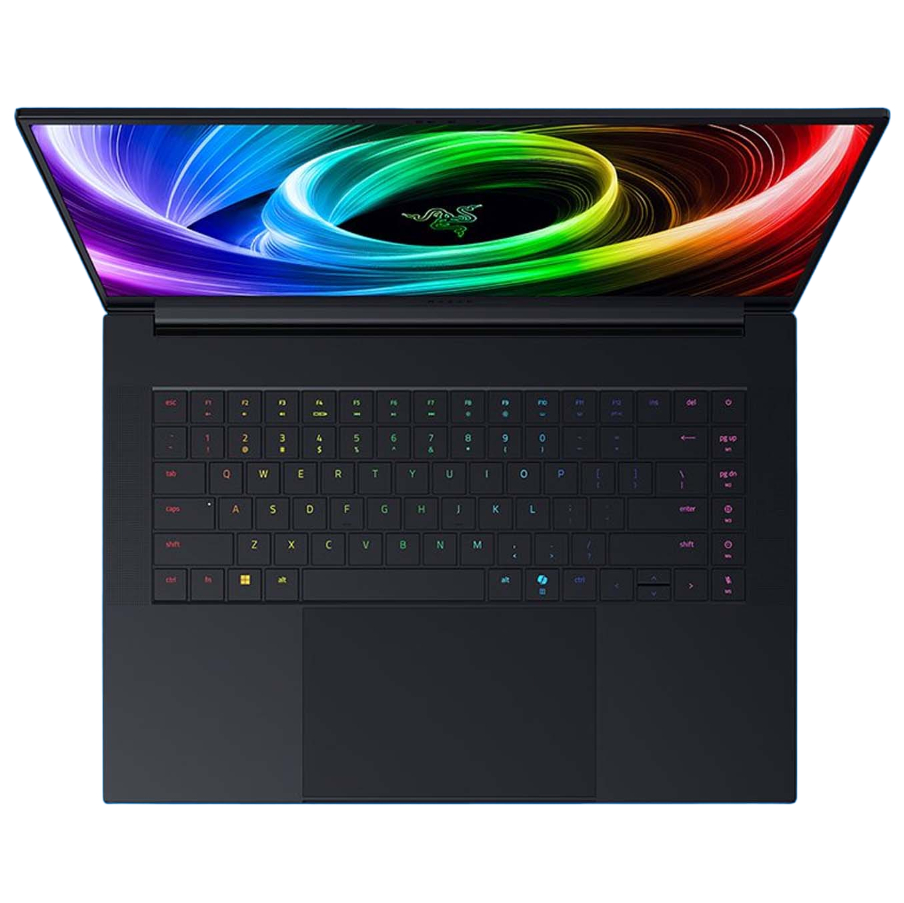
1. Best overall:
Razer Blade 16 (2025)
2. Best budget:
Lenovo LOQ 15 Gen 10
3. Best 14-inch:
Razer Blade 14 (2025)
4. Best mid-range:
MSI Vector 16 HX AI
5. Best high-performance:
Lenovo Legion Pro 7i Gen 10
6. Best 17-inch:
Gigabyte Aorus 17X

Jacob got his hands on a gaming PC for the first time when he was about 12 years old. He swiftly realised the local PC repair store had ripped him off with his build and vowed never to let another soul build his rig again. With this vow, Jacob the hardware junkie was born. Since then, Jacob's led a double-life as part-hardware geek, part-philosophy nerd, first working as a Hardware Writer for PCGamesN in 2020, then working towards a PhD in Philosophy for a few years while freelancing on the side for sites such as TechRadar, Pocket-lint, and yours truly, PC Gamer. Eventually, he gave up the ruthless mercenary life to join the world's #1 PC Gaming site full-time. It's definitely not an ego thing, he assures us.
You must confirm your public display name before commenting
Please logout and then login again, you will then be prompted to enter your display name.

